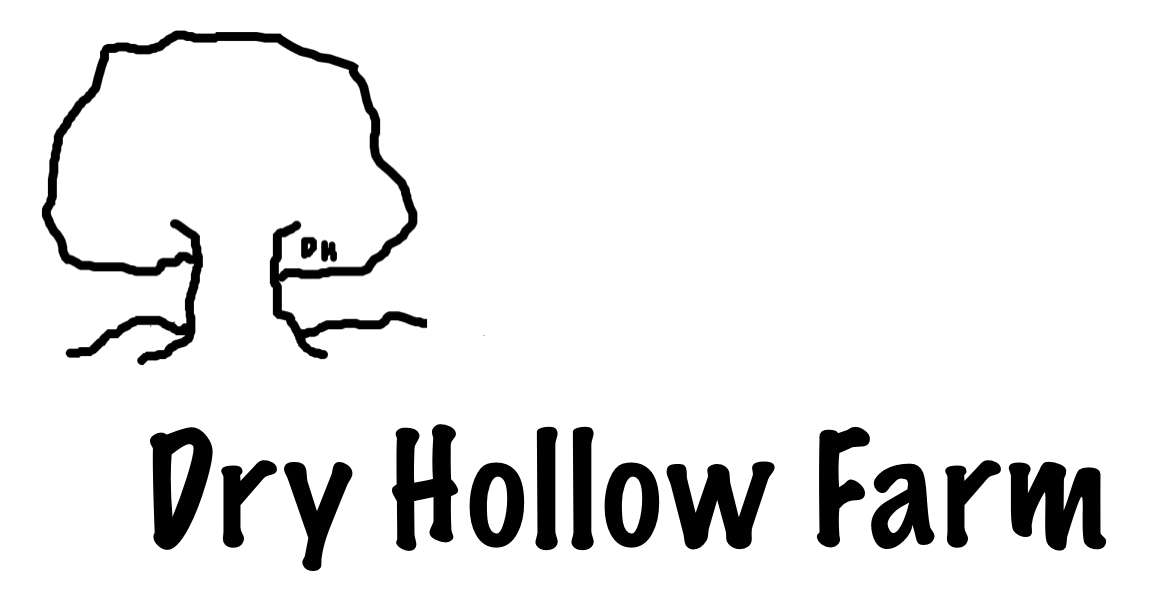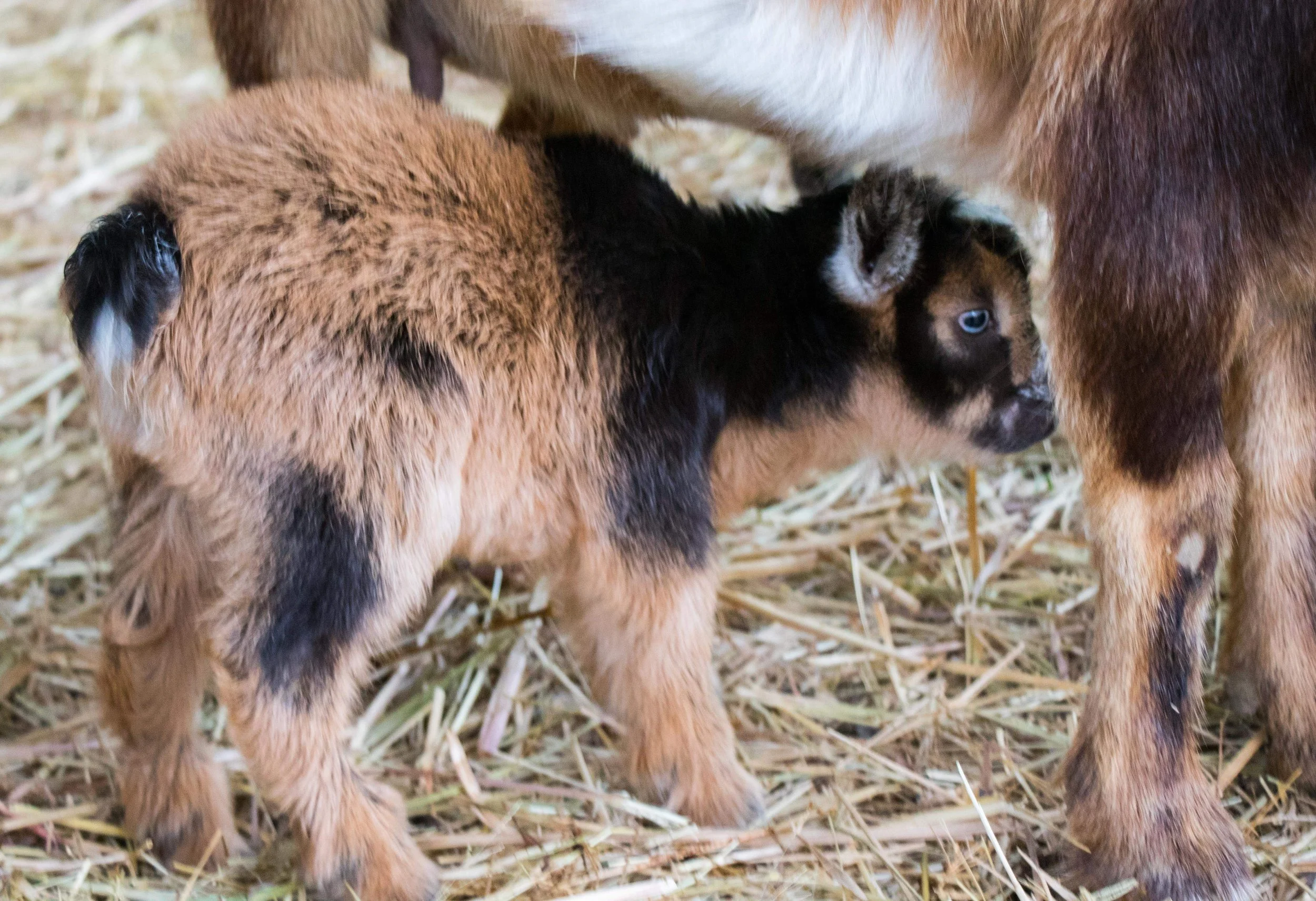Thoughts on Purchasing Livestock
Although we practice a closed herd as much as possible, we have purchased a wide variety of goats and sheep over the past decade.
When an agriculturalist operates with a closed herd, few “new” animals arrive at the farm. Instead, herd growth occurs organically with most females remaining with the flock after birth to become the the next generation of breeders.
The value of a closed herd is protection from outlying diseases or parasites and the ability to manage herd genetics in such a way that the farmer is generating the type of animals desired.
However, if the herd is relatively small, the buck or ram should be swapped every two years or so (depending upon your approach to breeding). Otherwise, half of the herd genetics are passing down from one animal (the male) which limits any possible diversity and reinforces negative traits.
Over the years, we were stricter with a closed herd for our Jacob sheep than for the dairy goats. Our quantity needs for milk have changed over time as have our interests in goat breeds.
So we have many memories of loading up our livestock cage in the back of the truck and traveling to all sort of places near and far to purchase goats.
From our experiences, we have learned a few common sense realities of livestock buying and selling. For example, if you believe the animal is of the most perfect quality, but does not come with a high price tag, you are probably mistaken. Most established livestock owners cull their herds each year of the ones they do not desire to retain as part of their herd genetics. You are buying the culled animals.
Which animals get culled?
#1 Perhaps the dam or ewe did not produce enough milk or prove to be a nurturing mother. That’s a genetic trait you do not want passed down within your flock. If we have a doe who walks away from her newborn (we are lucky if we find it still alive), we may give her a second season to prove herself, but following that, she will be sold.
#2 Perhaps the animal tends toward sickness. Check the eyes and hooves of every critter before buying. Goats especially are tough to keep alive, and some will thwart your every attempt to do so. Although we never sell a sick goat to a buyer, we have mistakenly purchased ones who never seem to thrive on our farm.
#3 As cute as those little boys may be, do not buy more than one intact male. You have no need for more than one unless you already possess a large, established flock, and you’re searching for new genetics. We sell almost every male born on the farm except the occasional exceptional buck or ram we retain for breeding purposes.
#4 If advertised goats are cheaper than general market price, they probably are not the “good deal” you believe them to be. Professional goat and sheep herd owners who provide quality care for their animals know exactly how much they are worth. Your purchase is an investment, and you want to invest in an animal that will provide years of offspring, milk, or fleece (depending upon your agricultural product goals). This is not the point for saving money.
#5 Don’t be fooled by the claim that the doe or ewe you are about to purchase is a great deal because they always throw multiples. Multiple births appear advantageous in theory, but twins or triplets or quadruplets can find it difficult to thrive because they are too small at birth. Often health issues will not emerge until they are of weaning age at which point you discover the move from milk to solids is problematic because of less-than-fully-developed rumens or digestive systems. In our experience, singles are born healthy and strong because they have not had to share their mother’s sustenance before and after the birthing event with other hungry siblings!
How then do you make wise animal purchases? Ask yourself - why is the person selling this animal? Is this animal truly beneficial for the growth of my herd? And is this animal healthy?
Dr. Kathryn Bush owns and operates Dry Hollow Farm, a working goat and sheep farm in Huntingdon, Tennessee. Together with her husband, Russell, she creates skincare products from their fresh goat milk, grows organic herbs, welcomes visitors to their two cabins on the farm (available for stays through Airbnb), keeps the farm’s on-site soap shop stocked with their handcrafted products, and enjoys working the farm in company with their Great Pyrenees dogs (who work hard guarding the animals). Check out their natural products featuring farm-grown ingredients here, and sign up for the Dry Hollow Farm newsletter to stay in touch and be the first to hear about farm news, events, and new products.



